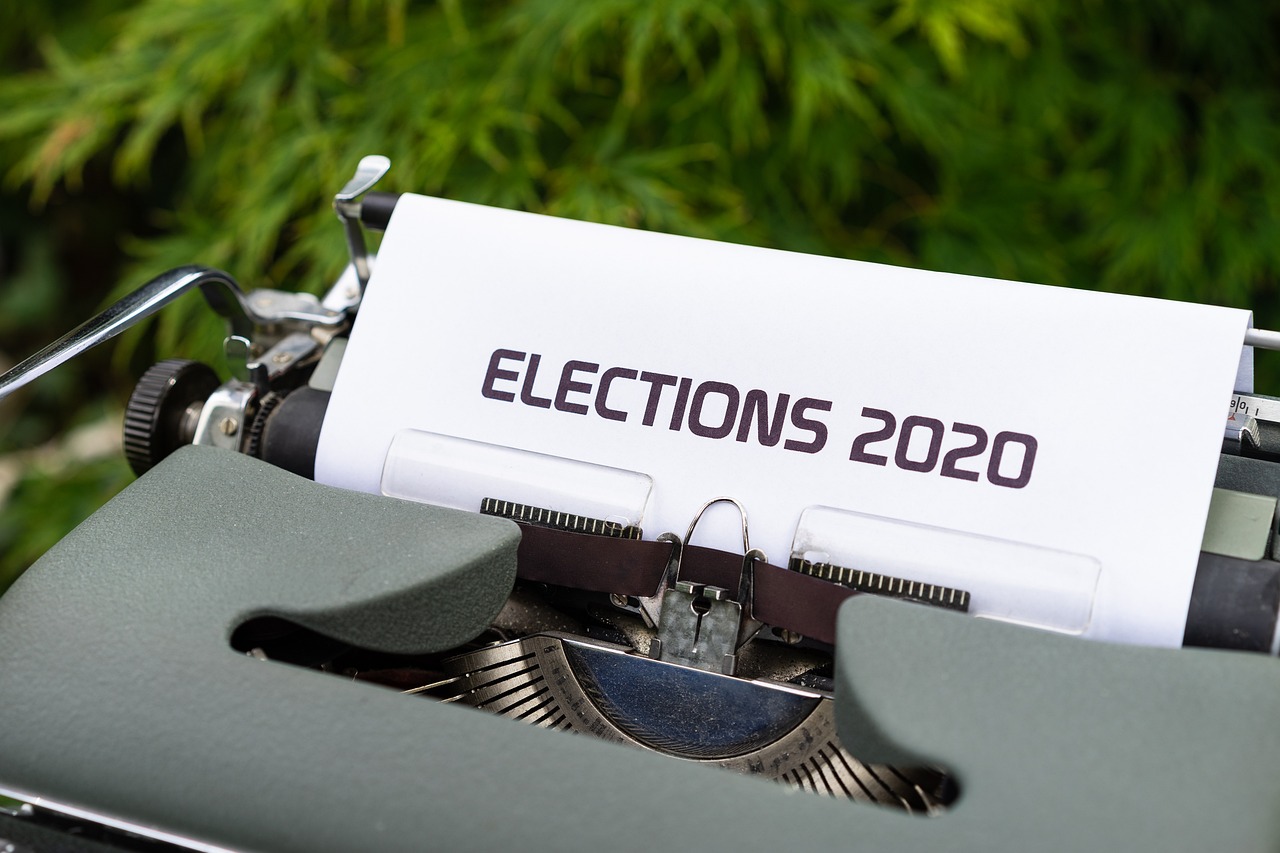Political Debates and Their Impact on Policy Formulation
Political debates play a crucial role in shaping public opinion by providing a platform for candidates to showcase their policies and ideas. These debates allow voters to directly compare and contrast the candidates’ stances on various issues, helping them make informed decisions at the ballot box. The performance of candidates during these debates can greatly influence how the public perceives them and their ability to lead the country.
Moreover, political debates serve as a forum for candidates to address pressing national concerns and engage in discussions about key policy areas. By articulating their positions on important issues such as healthcare, the economy, and national security, candidates can sway undecided voters and solidify support among their base. The impact of these debates extends beyond the event itself, as media coverage and public discourse surrounding the debates can shape the narrative of the election and impact the ultimate outcome.
The Influence of Political Parties on Policy Development
Political parties play a crucial role in shaping policy development in democratic societies. These organizations are instrumental in advocating for specific policy agendas, representing different ideological perspectives, and mobilizing public support for their proposed policies. The influence of political parties on policy development is often evident through the laws and regulations that are implemented based on their party platforms and priorities.
Moreover, political parties also play a key role in fostering cooperation and negotiation among different stakeholders in the policy-making process. Through coalition-building and compromise, parties work towards consensus on various policy issues and strive to find common ground to pass legislation that reflects the interests and values of their constituents. By engaging in policy development, political parties contribute to the democratic functioning of society and ensure that diverse perspectives are considered in the decision-making process.
The Importance of Fact-Checking in Political Debates
Fact-checking in political debates serves as a critical tool in ensuring the accuracy and truthfulness of statements made by candidates. In today’s fast-paced media landscape, where misinformation can spread rapidly, fact-checking provides a necessary safeguard against the propagation of falsehoods. By holding candidates accountable for their statements and claims, fact-checking helps to maintain the integrity of political discourse and promotes informed decision-making among voters.
Moreover, fact-checking plays a crucial role in upholding the credibility of political debates and fostering trust between the public and politicians. When misinformation is allowed to go unchecked, it can erode confidence in the political process and undermine the legitimacy of elected officials. By highlighting inaccuracies and falsehoods, fact-checkers contribute to a more transparent and accountable political environment, where politicians are held to a higher standard of honesty and accuracy in their public statements.
Why is fact-checking important in political debates?
Fact-checking helps ensure that the information presented to the public is accurate and truthful, allowing voters to make informed decisions.
How can fact-checking impact the outcome of political debates?
Fact-checking can expose misleading or false statements made by candidates, influencing public perception and potentially shifting support from one candidate to another.
Who is responsible for fact-checking political debates?
Fact-checking is typically done by independent organizations, journalists, and researchers who analyze statements made by candidates and verify their accuracy.
How can viewers discern between fact-checked information and misinformation in political debates?
Viewers can look for reputable fact-checking sources and cross-reference information to verify its accuracy. They should be cautious of information that aligns too closely with a candidate’s agenda without solid evidence.
Are there consequences for candidates who spread misinformation during debates?
While there may not be legal consequences, candidates can face backlash from voters and damage to their credibility if they are found to be spreading false information. Fact-checking plays a crucial role in holding candidates accountable for their statements.







